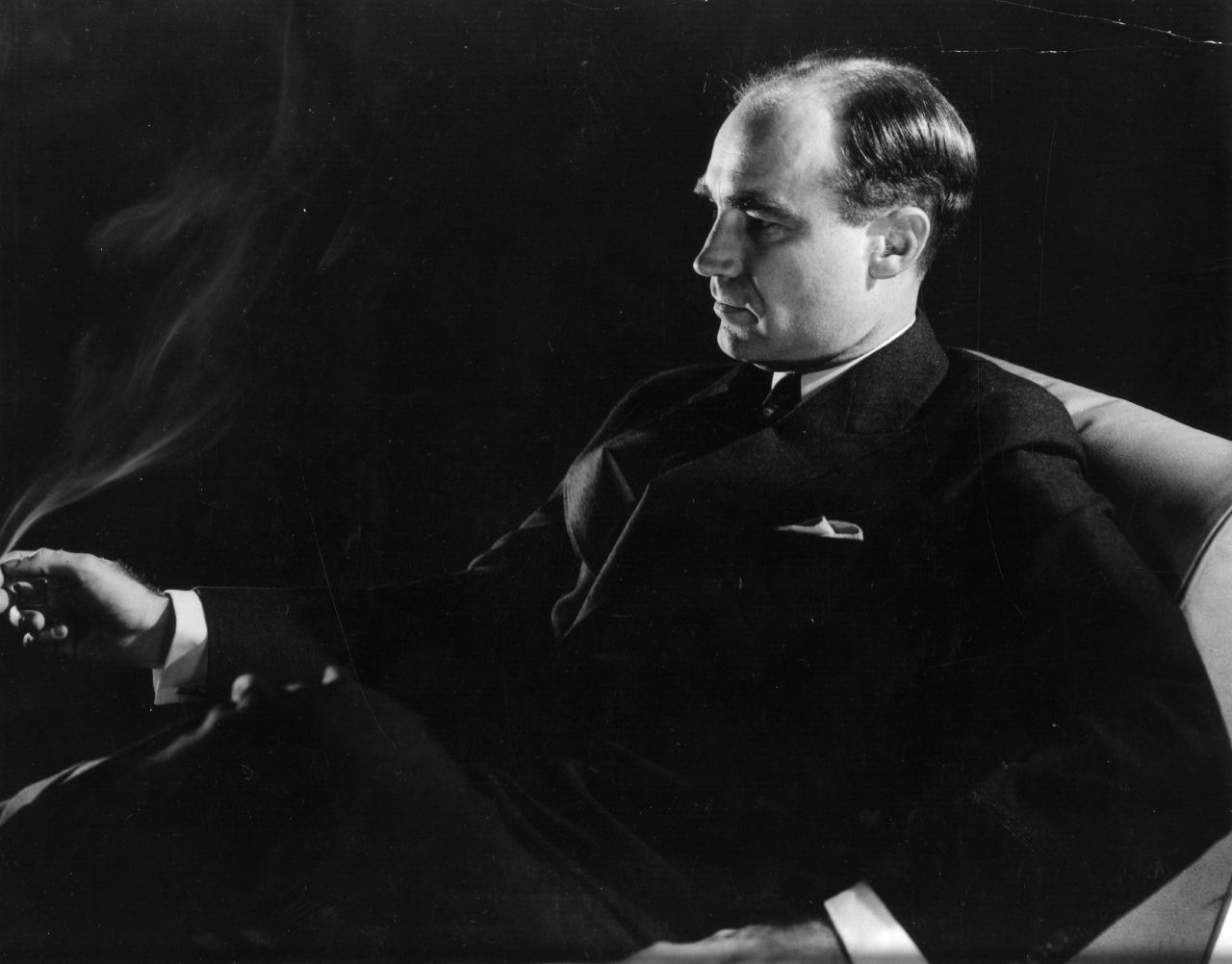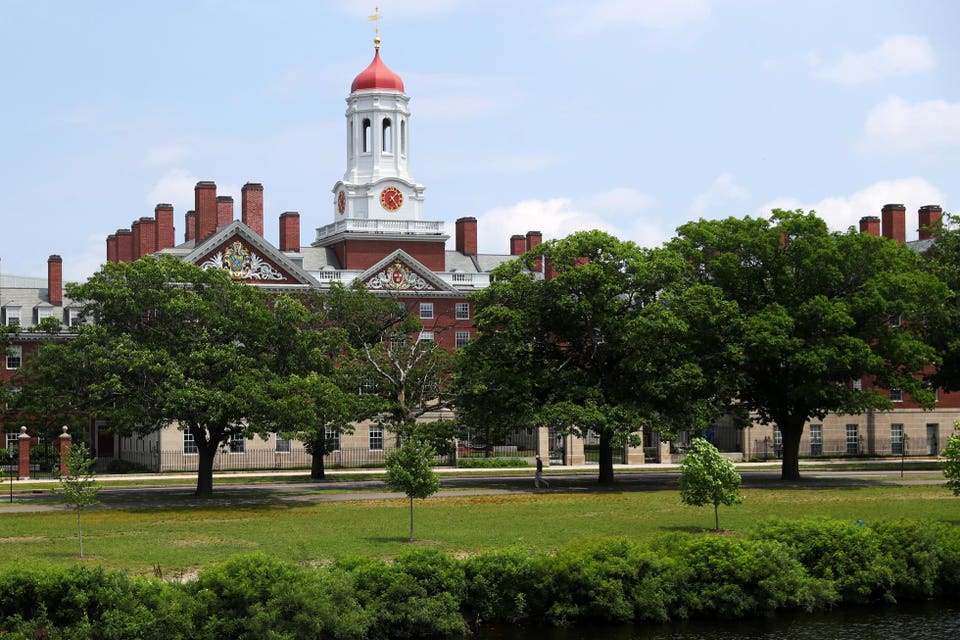In the fast-evolving landscape of global politics, media magnates have historically wielded significant influence. While modern-day figures often appear reluctant to challenge populist leaders head-on, there was once a media tycoon whose vision and resilience would have made him a formidable opponent against Donald Trump’s isolationist policies. That figure is none other than Henry Luce—the founder of Time, Life, and Fortune magazines, and a staunch advocate for American globalism in the 20th century.
Henry Luce: The Architect of American Globalism
Henry Luce was not just a media mogul; he was a man on a mission. As the co-founder of Time Inc., he shaped American public opinion in ways that no single entity had before. During the mid-20th century, Luce used his publications to champion an interventionist, outward-looking America—one that embraced leadership on the world stage rather than retreating into isolationism. His seminal 1941 essay, The American Century, outlined his vision of a U.S. that would use its power, resources, and influence to guide global affairs in the wake of World War II.
Luce’s philosophy stood in direct opposition to isolationist sentiments that were common in pre-war America. If he were alive today, he would likely push back aggressively against Trump’s “America First” rhetoric, just as he resisted figures like Charles Lindbergh and the America First Committee in the 1930s.
Trump’s Isolationism vs. Luce’s Internationalism
Donald Trump’s presidency was marked by a dramatic shift in U.S. foreign policy. His administration pulled out of multinational agreements, waged trade wars, and promoted nationalism over global cooperation. This isolationist stance alarmed many historians, policymakers, and media figures who feared that such an approach would weaken America’s long-term standing in the world.
Luce, by contrast, would have fiercely opposed these moves. Here’s why:
- Trade and Economic Expansion – Luce believed that America’s economic prosperity was tied to global markets. Trump’s withdrawal from the Trans-Pacific Partnership (TPP) and his trade war with China would have been anathema to Luce’s vision of a globalized U.S. economy.
- Media’s Role in Policy Advocacy – Unlike contemporary media figures who often sought to maintain neutrality or avoid political retaliation, Luce used his platforms to actively shape public discourse. He would likely have used Time and Fortune to argue against Trump’s nationalist policies, much as he did against pre-WWII isolationists.
- America’s Moral Responsibility – Luce believed the U.S. had an obligation to spread democratic values and counter authoritarianism. Trump’s admiration for strongmen like Vladimir Putin and his hesitance to confront global threats would have been unacceptable to Luce’s vision of leadership.
How Luce Would Have Countered Trump
Luce was no stranger to political battles, and he would have found strategic ways to counter Trump’s influence. Unlike today’s media executives, who often tread cautiously to avoid political retaliation, Luce’s approach would have been bold and unapologetic. Here’s how he might have responded:
- Relentless Editorial Campaigns – Luce’s publications would have been filled with investigative reports exposing the long-term consequences of isolationist policies.
- Alliance with Political Opponents – Luce was deeply embedded in Washington’s power circles and would have likely worked behind the scenes to rally bipartisan opposition to Trump’s foreign policy.
- Public Mobilization – With the reach of Life magazine, which boasted millions of readers, Luce could have fueled a national conversation that positioned isolationism as a dangerous retreat from America’s responsibilities.
The Media’s Role Today: A Stark Contrast
Luce’s era was one in which the media was unafraid to take a stand. Today, however, many media conglomerates prioritize profit over political influence. Fear of losing advertising revenue or access to key political figures often leads to more tempered coverage. This hesitancy has, in part, allowed figures like Trump to reshape political discourse without significant pushback from the media establishment.
If Luce were around today, he would likely urge modern media leaders to abandon their cautious approach. He would advocate for a return to the days when media barons were also thought leaders, using their platforms to guide public opinion rather than merely reporting on it.
The Legacy of Luce in a Post-Trump World
While Henry Luce is no longer here to challenge modern isolationism, his legacy endures. His belief in America’s global role continues to influence policymakers, journalists, and historians alike. As the U.S. grapples with its place in an increasingly multipolar world, the lessons of Luce’s leadership remain more relevant than ever.
In a media landscape where fear of political retaliation often dictates editorial decisions, the question remains: Will a new generation of media titans rise to the challenge, as Luce once did? Or will they continue to cower in the face of political pressure? The answer may shape the course of American global engagement for decades to come.




